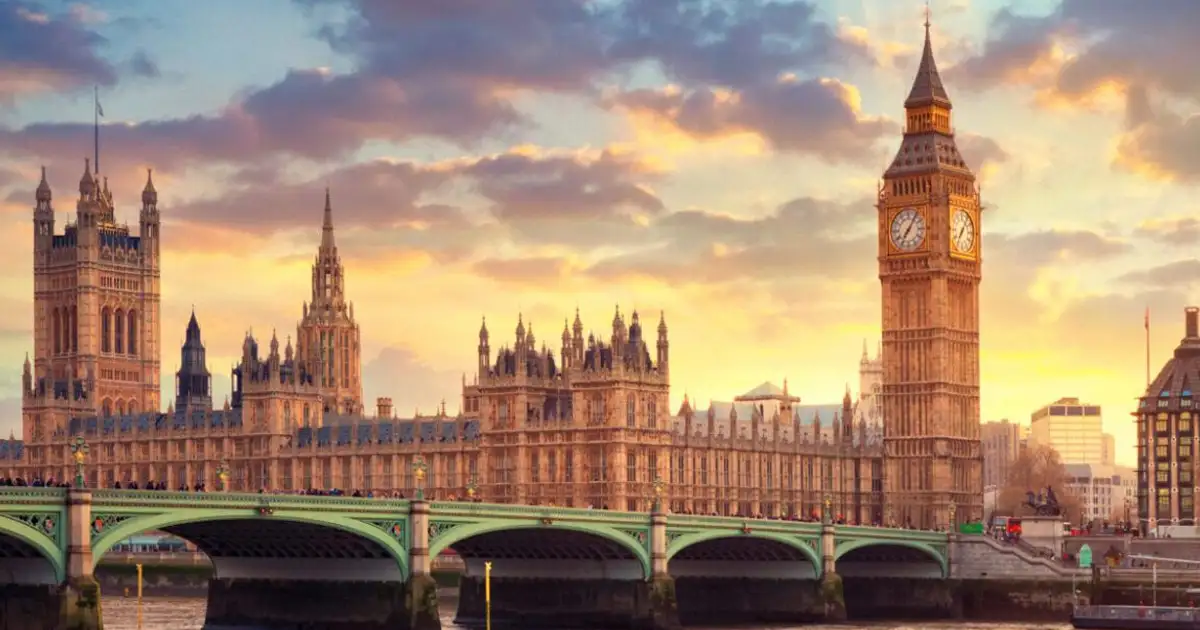The end of local bookmakers in England: one tax too many?
The UK government is considering imposing a massive tax increase on online betting, with potential rates of up to 50% of revenues. This tax proposal could mean the closure of local bookmakers.
The centuries-old tradition of high street betting shops in the UK is about to be torn apart by a potentially devastating tax bill. The UK Treasury is re-evaluating the Remote Gambling Duty, with the possibility of a dramatic increase that would push the tax rate well beyond what the industry believes is sustainable.
The major betting firms are sounding the alarm: beyond the financial impact, this measure could mean the death of physical sales outlets. The consequences would be a wave of unemployment, a weakening of funding for addiction prevention and could even drive punters into the illegal black market.
Local outlets at risk
Even before the spectre of high taxation loomed, the retail sector was fighting for its survival. British consumers have switched massively to digital. Giants such as Entain (Ladbrokes, Coral) have managed to keep the physical gaming segment stable, but it is not conducive to growth.
Operators’ concerns go beyond the financial aspect. Local bookmakers are described as ‘part of the cultural fabric of Britain’ by Entain’s CEO.
A circular economy under threat
British gambling companies operate on a circular economy, with the profits generated by online betting being reinjected into local betting agencies, ensuring their long-term survival.
Fred Done, the founder of Betfred, warned the BBC that an increase to 35% or 40% would make the business unprofitable. This could lead to the closure of the business and the loss of some 7,500 jobs.
Flutter UK & Ireland has already reduced its presence by closing 57 Paddy Power branches last month, and this was before any changes were made to the tax regime.
The Betting and Gaming Council (BGC) also points to a major perverse effect: higher taxes would only fuel the illegal betting black market. This unregulated sector is said to have almost tripled in the UK over the last three years, handling around £4.3 billion a year.
‘Further tax rises would have disastrous consequences for employment, reduce Treasury receipts and drive billions into the hands of the black market,’ the BGC tells iGB.
40,000 jobs at risk
The most immediate impact of increased taxation would be on the labour market. The BGC commissioned a study from EY, which revealed the dramatic proportions of this tax burden.
According to their findings, more than 40,000 jobs could be at risk, and the loss to the national economy could exceed £3.1 billion.
But the thousands of employees of these betting agencies are not just lines on a blackboard. They are local experts, often established in the same communities for decades. The loss of jobs is made all the more difficult by the fact that in some parts of the country there are simply no jobs at all.
Direct threat to mental health and prevention
Another worrying knock-on effect concerns addiction services. Funding for research, prevention initiatives and the treatment of gambling disorders is heavily dependent on the statutory levy, which derives around 90% of its resources from online betting and shops.
Dan Waugh warns in all seriousness that if consumer spending on these channels falls as a result of taxes, we could see the collapse of essential mental health treatment services.
It is a cruel paradox that a supposedly protective measure could harm the most vulnerable.
The future of horseracing under threat
The repercussions even extend to the venerable British horseracing industry, which relies on bookmakers for a quarter of its turnover. The disappearance of the agencies would lead to an erosion of revenue from media rights and levies, dealing a fatal blow to the sport.


